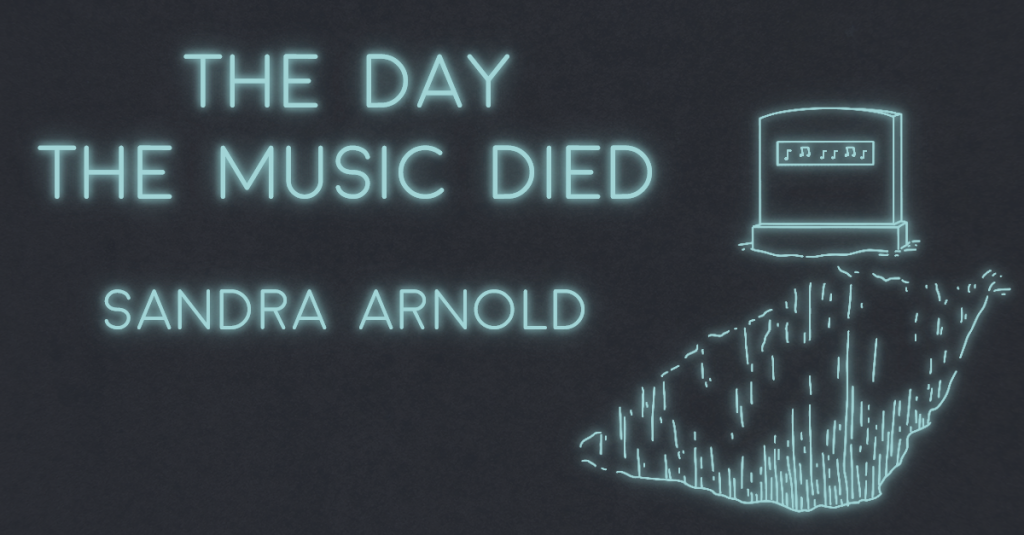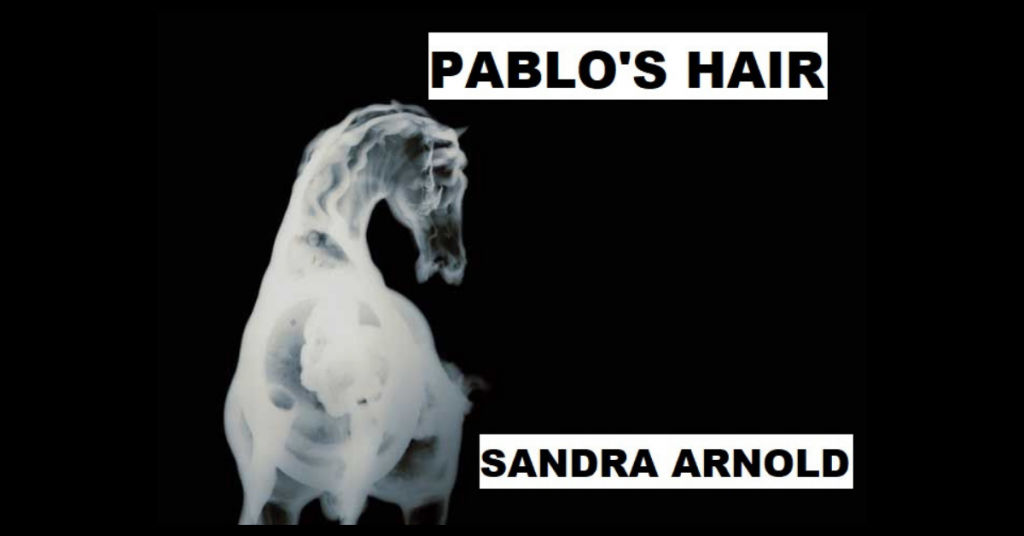
THE DAY THE MUSIC DIED by Sandra Arnold
We called him the Music Man because while he cleaned the headstones he liked singing along to the opera playing on his radio. Sometimes he threw his head back and let his voice soar to the sky, scattering the crows. His singing was so beautiful it softened the fears that lay hard in my heart. It brought Nettle close to tears and closer to remembering. Even Stuck Boy stopped his monologues long enough to listen. The three of us loved watching him at work though he rarely spoke to us except to tell us to bugger off if we got…

